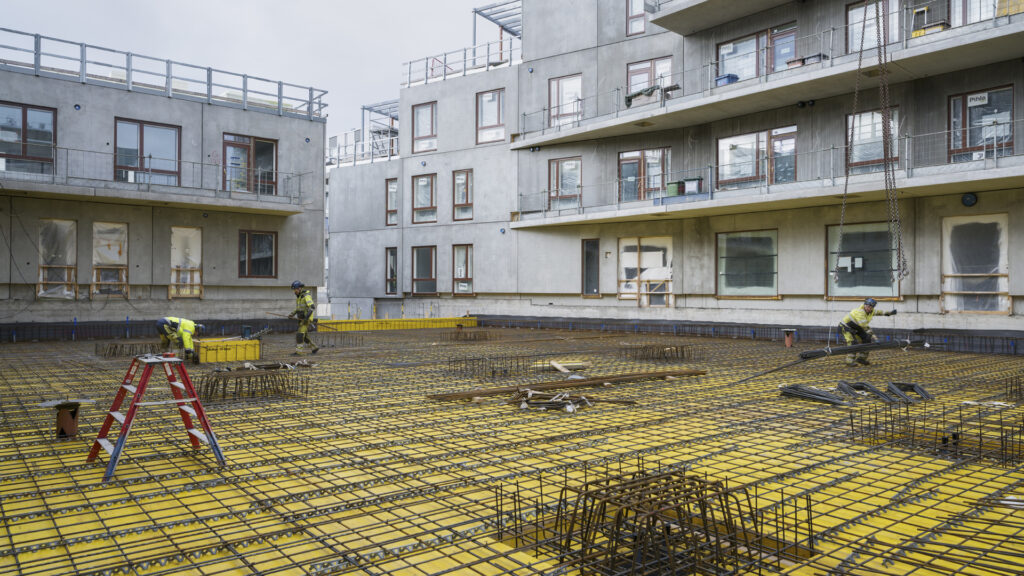RT has held discussions with the largest cities about the plight of the construction industry. City decision-makers and officials have understood that in this difficult economic situation we need flexibility and actions to improve the conditions for construction. There is also a fairly uniform understanding of the reasons for the collapse of housing construction. Now the Helsinki City Environment Board has made a proposal on the measures.

At its meeting on January 9, the Helsinki City Environment Board made policy presentations to the city government on plot policy measures to promote housing construction in a changed operating environment. RT considers the guidelines to be mostly in the right direction and also encourages companies to follow the development of the situation. The proposal will still be considered and approved by the city council.
In the presentation, among other things, the city would have a positive attitude to changing the form of financing and management of existing plot reservations to other housing production, provided that the change clearly promotes the development of the plot. According to the proposal, the city would also be ready to discuss other possible deviations, provided, however, that the conditions related to energy efficiency and ecology are adhered to.
The Urban Environment Board emphasizes that the land policy entries that are now acceptable are temporary. The temporary policies are valid until June 30.6.2025, 2025. In the spring of XNUMX, an assessment of the effects of the temporary guidelines will be carried out, on the basis of which the board and the city government can assess the need for extending the guidelines after the deadline.
The board draws attention to the fact that, in an economic sense, the burden arises from organizing parking. The board encourages lightening the parking standards in those cases where the lightening decision can be considered to ensure a quick start of the project and where lightening is considered possible, for example, if the amount of parking is reasonable in relation to the area's automobilization.
The city will not make new land reservations for right-of-occupancy production, unless there is a change in the government's policies regarding the cessation of right-of-occupancy production. Existing land reservations assigned to right-of-occupancy production can be continued if the project has been granted an interest subsidy decision from the State Housing Finance and Development Center Ara or the reservation holder can reliably demonstrate that it is possible to get an interest subsidy decision.
If, for the aforementioned reason, there are no prerequisites for continuing the reservation, the reservation recipient will be offered the opportunity to implement the project as another regulated housing development suitable for the area, provided that the conditions for continuing the reservation are otherwise present and the change will clearly promote the development of the plot.
The board requires that, in addition to land policy measures, the board prepares additional measures to promote residential construction by the next housing and land use AM program negotiations. In addition, the Urban Environment Board considers it important that a report be produced on the possibility of the city building right-of-occupancy apartments without the government's Ara support, in order to ensure the realization of the goals of the previously outlined management form. This report will be presented to the board during the spring of 2024.
RT is satisfied that the city of Helsinki has strongly reacted to the plight of the construction industry, has clearly demonstrated its willingness to strive to find solutions together and is still committed to its own housing production goals.
More information
Diana Råman
diana.raman@rt.fi
+ 358 40 849 9463